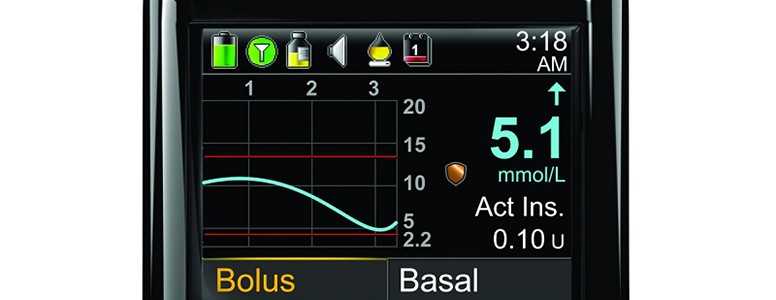The number of people developing type 1 diabetes is rising in Ireland, and the age group seeing the greatest rise in incidence is the under-fives.
Figures from Diabetes Ireland, Ireland’s national diabetes charity, estimate that type 1 diabetes affects 10 to 15 per cent of all people with diabetes in Ireland.
Dr Anna Clarke, health promotion and research manager at Diabetes Ireland, states that there are around 3,000 children in Ireland with type 1 diabetes and around 15,000 to 20,000 adults with the condition.
The vast majority, around 95 per cent, of children diagnosed with diabetes have type 1 diabetes. Other forms of diabetes in children include monogenetic forms of diabetes (MODY) and some cases of type 2 diabetes.
The rising rates mean that it is important that parents and doctors are aware of the symptoms of type 1 diabetes, such as frequent urination, unquenchable thirst, unexplained weight loss and tiredness through the day. Sticky urine can also be a tell-tale sign of type 1 diabetes as the kidneys will try to rid excess sugar out of the blood by passing it out via the urine.
If type 1 diabetes is not diagnosed at an early enough stage, it can lead to a dangerous condition called ketoacidosis, which can result in dehydration, stomach pains, nausea, vomiting and headaches. Ketoacidosis can lead to coma, sometimes within hours, so must be treated as an emergency.
The reasons why type 1 diabetes is rising are not fully understood but it could that genetic and/or environmental reasons are playing a part.
The development of insulin in the previous century has meant that many more people with type 1 diabetes are able to live healthily and start a family. This may be increasing the number of people with genetic susceptibility for the condition.
Another possibility is that one or more environmental ‘triggers’ are having a greater influence in the modern age.
Whilst there is currently no cure for type 1 diabetes, treatment of thee condition has been steadily advancing in recent decades particularly with more sophisticated insulin pumps and continuous glucose monitors (CGMs) beginning to become more readily available.
What's new on the forum? ⭐️
Get our free newsletters
Stay up to date with the latest news, research and breakthroughs.





